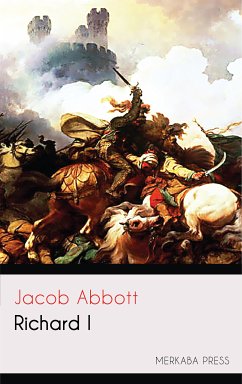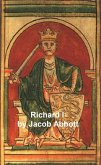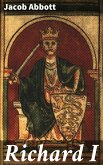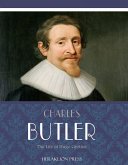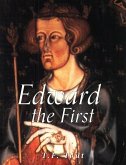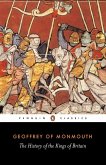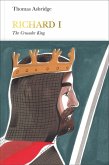King Richard the First, the Crusader, was a boisterous, reckless, and desperate man, and he made a great deal of noise in the world in his day. He began his career very early in life by quarreling with his father. Indeed, his father, his mother, and all his brothers and sisters were engaged, as long as the father lived, in perpetual wars against each other, which were waged with the most desperate fierceness on all sides. The subject of these quarrels was the different possessions which the various branches of the family held or claimed in France and in England, each endeavoring to dispossess the others. In order to understand the nature of these difficulties, and also to comprehend fully what sort of a woman Richard's mother was, we must first pay a little attention to the map of the countries over which these royal personages held sway.
Dieser Download kann aus rechtlichen Gründen nur mit Rechnungsadresse in A, B, BG, CY, CZ, D, DK, EW, E, FIN, F, GR, H, IRL, I, LT, L, LR, M, NL, PL, P, R, S, SLO, SK ausgeliefert werden.

